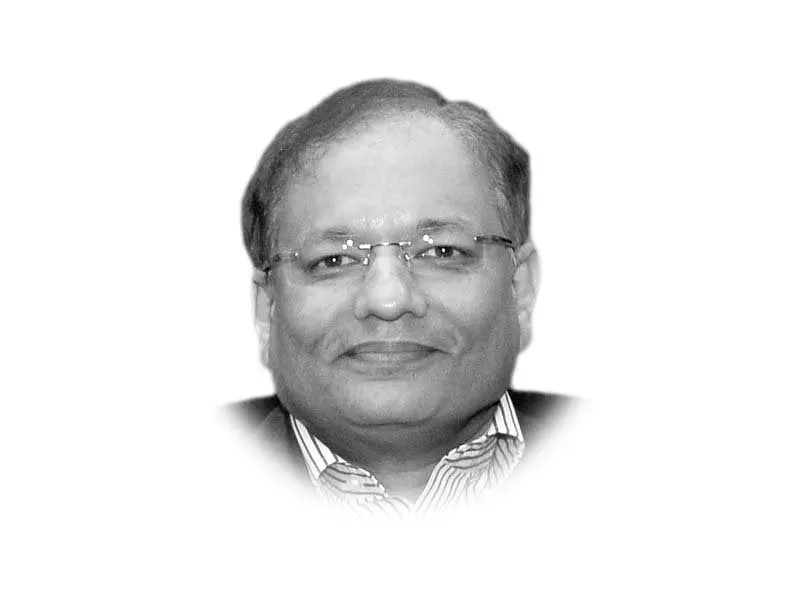Social Justice and Covid-19
The pandemic provides us an opportunity to restructure our health system and introduce reforms to remove inequities
The number of Covid-19 cases is rising exponentially in Pakistan. At the same time, dealing with the pandemic is proving to be an immense challenge for the government. Large-scale disruptions due to varying degrees of lockdown, policy vacillations, and an economic downturn are all compounding the misery of the people. We now know that many precious lives will be lost as the pandemic continues to spread. This begs the question whose lives will be lost? The rich or the poor? The young or the old? Urban or rural residents? Men, women, or children? Several ethical questions are arising as health facilities get overwhelmed, such as who to treat, and who not to treat. These questions are linked with important concerns of social justice and equity.Social justice — the ethos of benefiting all without missing anyone — lies at the heart of public health. Thus far in managing the pandemic, our focus has been confined to cities and large hospitals. We have not yet focused our attention to rural communities where vulnerabilities have risen since we eased the soft lockdown for Eid and allowed people to travel from cities to villages. Concomitantly, we are witnessing an exacerbation in the gender inequalities in our health indicators: women are disproportionately affected by the consequences of the pandemic. Health facilities are reporting that the number of institutional deliveries and women’s visits for antenatal and postnatal care has fallen. Closure of family planning centres have disrupted service delivery. The United Nations Population Fund estimates that a 20% decline in the coverage of reproductive health services means that an additional 20 million women will have unmet needs for family planning. The country could see 0.2 million additional births and 2,000 additional maternal deaths.
Another aspect that will widen the gulf between the rich and the poor in terms of treatment outcomes is the exorbitant price of the antiviral treatment that is now becoming available which only a few can afford. The high cost of the medicine will make its wider availability for all an unlikely possibility.
To achieve equity in healthcare, we must protect the bulk of our population, which resides in rural areas, and take special measures to protect women’s health and protect the poor. Pandemic control efforts must therefore be urgently directed to our districts.
Our best bet for protecting our people is to utilise the frontline community-based workers, specifically Lady Health Workers (LHWs) and Community Midwives (CMWs), in rural areas and health volunteers in urban areas in surveillance and containment efforts. We need to train these workers in active case identification, using algorithms to diagnose Influenza Like Infections (ILI) and Severe Acute Respiratory Infections (SARI), and arranging for testing of suspected cases as well as tracing and testing their contacts. The workers could contribute in a host of related tasks, including advising households on isolating moderate and mild cases and quarantining contacts; telephonically guiding families in managing the mild cases; identifying pockets of vulnerable populations and demarcating containment zones. Creating mass awareness about Covid-19, including dispelling the plethora of prevailing myths and misconceptions, fighting fatalism, and instilling optimism to encourage healthy behaviours. They could also help address stigma associated with the infection, which is now leading to patients’ ostracisation, and worse, preventing some from accessing care.
The pandemic provides us with an opportunity to restructure our health system and introducing the reforms that are needed to remove the inequities in healthcare. The hallmark of civilisation is how people treat each other. In this day and age, we must not be selective in who we treat and save.
Published in The Express Tribune, June 13th, 2020.
Like Opinion & Editorial on Facebook, follow @ETOpEd on Twitter to receive all updates on all our daily pieces.


COMMENTS
Comments are moderated and generally will be posted if they are on-topic and not abusive.
For more information, please see our Comments FAQ